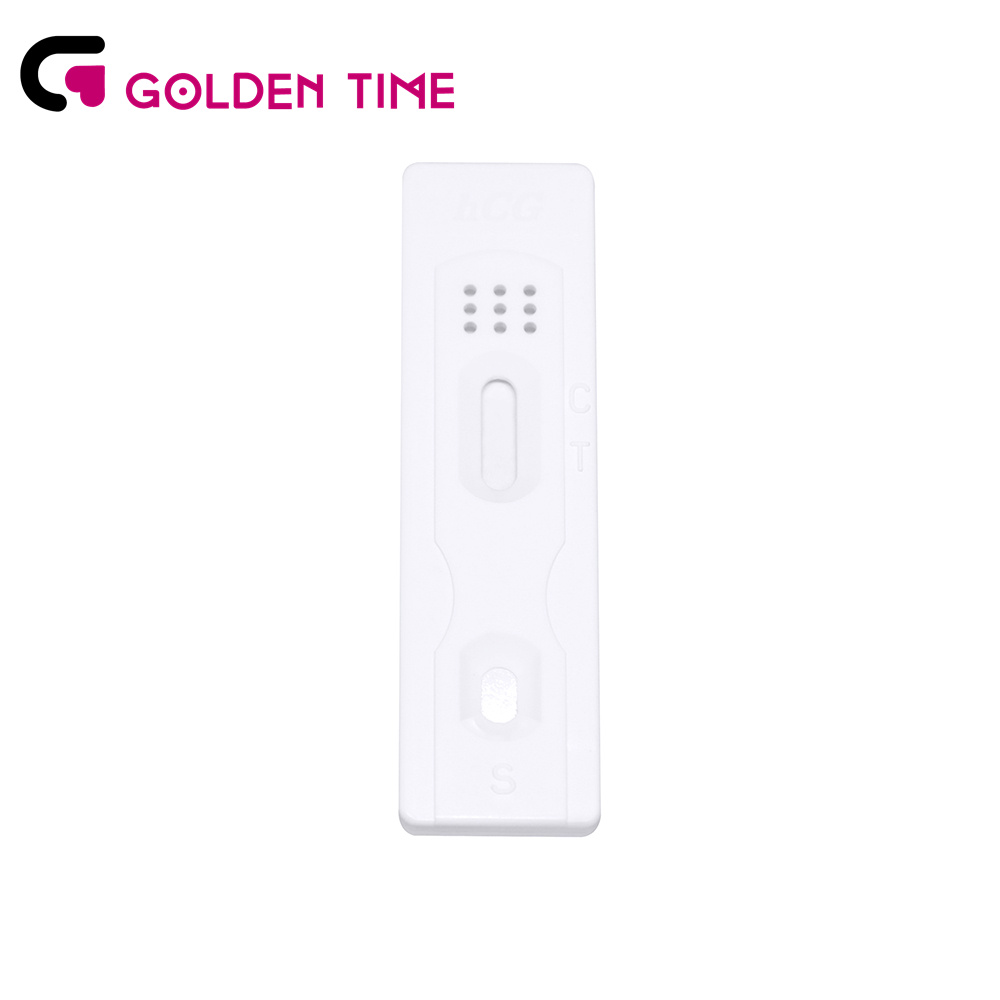Nov . 27, 2024 03:39 Back to list
HIV Diagnostic Test Production and Manufacturer Insights and Innovations in Testing Solutions
The Importance of HIV Diagnostic Test Manufacturers in the Fight Against HIV/AIDS
HIV/AIDS remains a global health challenge, affecting millions of lives across the world. Since the virus was first identified in the early 1980s, considerable progress has been made in understanding the disease and developing effective treatments. However, early diagnosis remains a critical aspect of managing and controlling the epidemic. This is where HIV diagnostic test manufacturers play a pivotal role.
The Role of Diagnostic Tests
HIV diagnostic tests are vital in identifying individuals who are infected with the virus. Early detection of HIV allows for timely management of the infection, which can lead to improved health outcomes for those living with the virus. Moreover, knowing one's HIV status is essential for preventing transmission and protecting public health. Diagnostic tests can also help in monitoring the effectiveness of antiretroviral therapy (ART), making them indispensable tools in the treatment continuum.
Types of HIV Diagnostic Tests
HIV diagnostic tests can be categorized into three main types antibody tests, antigen tests, and nucleic acid tests (NAT).
1. Antibody Tests These tests detect antibodies produced by the immune system in response to HIV infection. They can be performed using blood samples or oral fluid. Rapid antibody tests provide results within minutes, making them particularly useful in resource-limited settings.
2. Antigen Tests These tests are designed to detect the presence of the HIV p24 antigen, which appears in the blood shortly after infection. Antigen tests can identify HIV infection earlier than antibody tests, typically within two to four weeks after exposure.
3. Nucleic Acid Tests (NAT) NAT tests look for the actual virus in the bloodstream. They are highly sensitive and can detect HIV within days of infection. While NAT is more expensive than other tests, it is crucial in certain high-risk scenarios, especially when acute HIV infection is suspected.
hiv diagnostic test manufacturer

The Role of Manufacturers
HIV diagnostic test manufacturers play a crucial role in ensuring that accurate, reliable, and accessible testing options are available to healthcare providers and patients alike. In recent years, there has been a significant increase in the development and production of HIV testing kits. Major manufacturers include global health companies such as Abbott, Roche, and OraSure Technologies, as well as various local manufacturers in low- and middle-income countries.
These manufacturers not only focus on creating innovative testing solutions but also on making tests affordable and accessible. For instance, many manufacturers have developed rapid tests that can be deployed in community settings, allowing individuals to get tested without needing to visit healthcare facilities. This is particularly important in rural or underserved areas where healthcare infrastructure may be limited.
The drive for innovation in HIV diagnostics has also culminated in the development of self-testing kits. These kits empower individuals to test themselves for HIV in the privacy of their own homes, reducing stigma and promoting greater testing uptake, especially among high-risk populations.
Challenges Faced by Manufacturers
Despite their vital role, HIV diagnostic test manufacturers face several challenges. Regulatory hurdles can slow down the approval process for new tests, which can limit the availability of innovative solutions. Moreover, the need for constant updates to testing methodologies to keep pace with emerging strains of the virus poses additional challenges.
Manufacturers also have to contend with ensuring the quality and reliability of their products. The accuracy of HIV tests is paramount; false positives or negatives can lead to significant health consequences. Therefore, manufacturers must invest in rigorous quality control and assurance protocols.
Conclusion
HIV diagnostic test manufacturers are at the forefront of the battle against HIV/AIDS. Their commitment to developing reliable, innovative, and accessible testing solutions is crucial for the early detection and management of HIV. As awareness of HIV/AIDS continues to grow, so too does the need for effective diagnostic tools. By supporting these manufacturers and encouraging investment in HIV diagnostics, we can make strides toward reducing the incidence of HIV, improving health outcomes, and ultimately, eradicating this global health threat.
-
Rapid Canine Corona Test: Fast & Accurate Results
NewsAug.06,2025
-
Rapid BZO Test Kit - Fast & Accurate Benzodiazepines Detection
NewsAug.04,2025
-
China Nylon Flocking Swabs - AI Enhanced Quality Collectors
NewsAug.03,2025
-
Highly Accurate hCG Pregnancy Test Strips - 5 Min Results
NewsAug.02,2025
-
Premium Empty ABS Plastic Cassettes: Durable & Lightweight Storage
NewsAug.01,2025
-
Accurate Cocaine (Coc) Rapid Test Kit | Fast & Reliable Detection
NewsJul.31,2025

